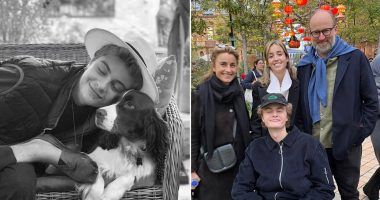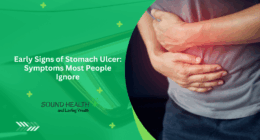Have you ever squirted hay fever eye drops, taken an antihistamine tablet, and then inserted a nasal spray into your nose? Is it even possible to overdose on hay fever medication? It certainly is. Taking too much antihistamines can be harmful, Medical News Today confirmed. “Antihistamines are a drug, and there is a safe limit to how much a person can take at one time,” the health site clarified.
Toxicity can occur when a person takes three to five times the recommended dosage, and the effects depend on:
- The age and size of the person
- The type of antihistamine taken
- Any underlying health conditions
- Other medications taken.
“Second-generation” antihistamines can cause a fever if you’ve taken too much.
An overdose of the medication can also lead to flushing, dilated pupils, and a fast heart rate.
Another indication you’ve taken too much antihistamines includes having low blood pressure (i.e. hypotension).
Also read: How to live longer: Tennis and golf can boost longevity
Low blood pressure
The NHS stated that low blood pressure is less than 90/60mmHg, and can lead to:
- Lightheadedness or dizziness
- Feeling sick
- Blurred vision
- Generally feeling weak
- Confusion
- Fainting.
Taking too many forms of antihistamines can also lead to urinary retention, which is when a person is unable to empty their bladder fully.
In very severe cases, an overdose of antihistamines can even lead to a coma.
Coma
“A coma is a state of unconsciousness where a person is unresponsive and cannot be woken,” the NHS explained.
DON’T MISS: How to live longer: Japan, Hawaii and Norway among healthiest in the world – their secrets
The person is still alive, but there is “minimal brain activity”; their eyes will be shut, and some people might require a machine to help them breathe.
Some people will gradually regain consciousness and become more aware of their surroundings after a few weeks.
Others, unfortunately, may go into a “vegetative or minimally conscious state”.
If you’re concerned that you may have taken too much antihistamines, do call NHS 111.
Some experts warn that the sedative nature of first-generation antihistamines makes them more dangerous than second-generation antihistamines.
Accidental overdose of first-generation antihistamines might be more likely to result in death.
In order to take the correct dosage of antihistamines, always read the packet’s instructions.
If you find over-the-counter medication doesn’t remedy your hay fever symptoms, discuss a stronger treatment option with your doctor.
Post source Daily Express










Comments are closed.